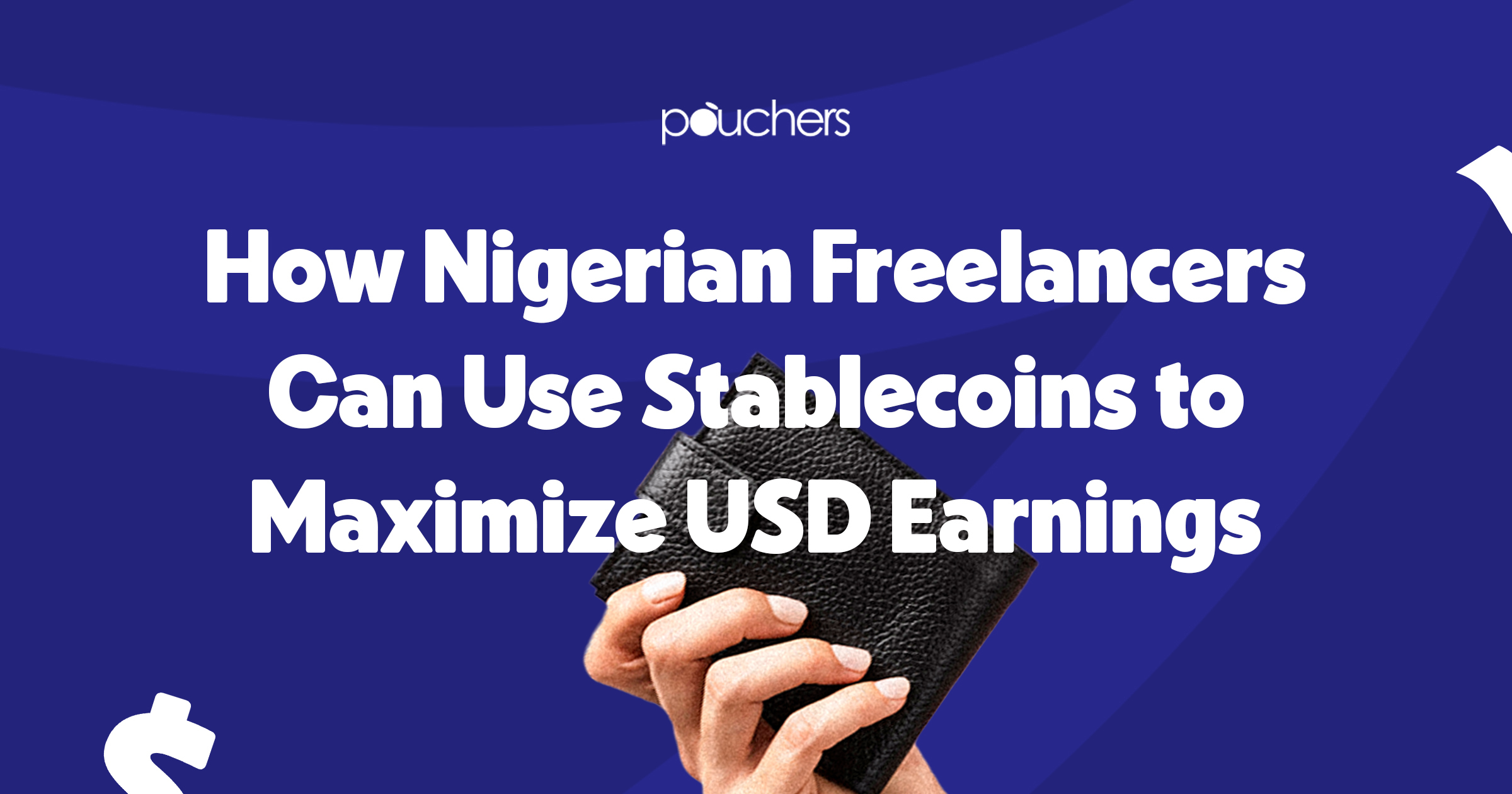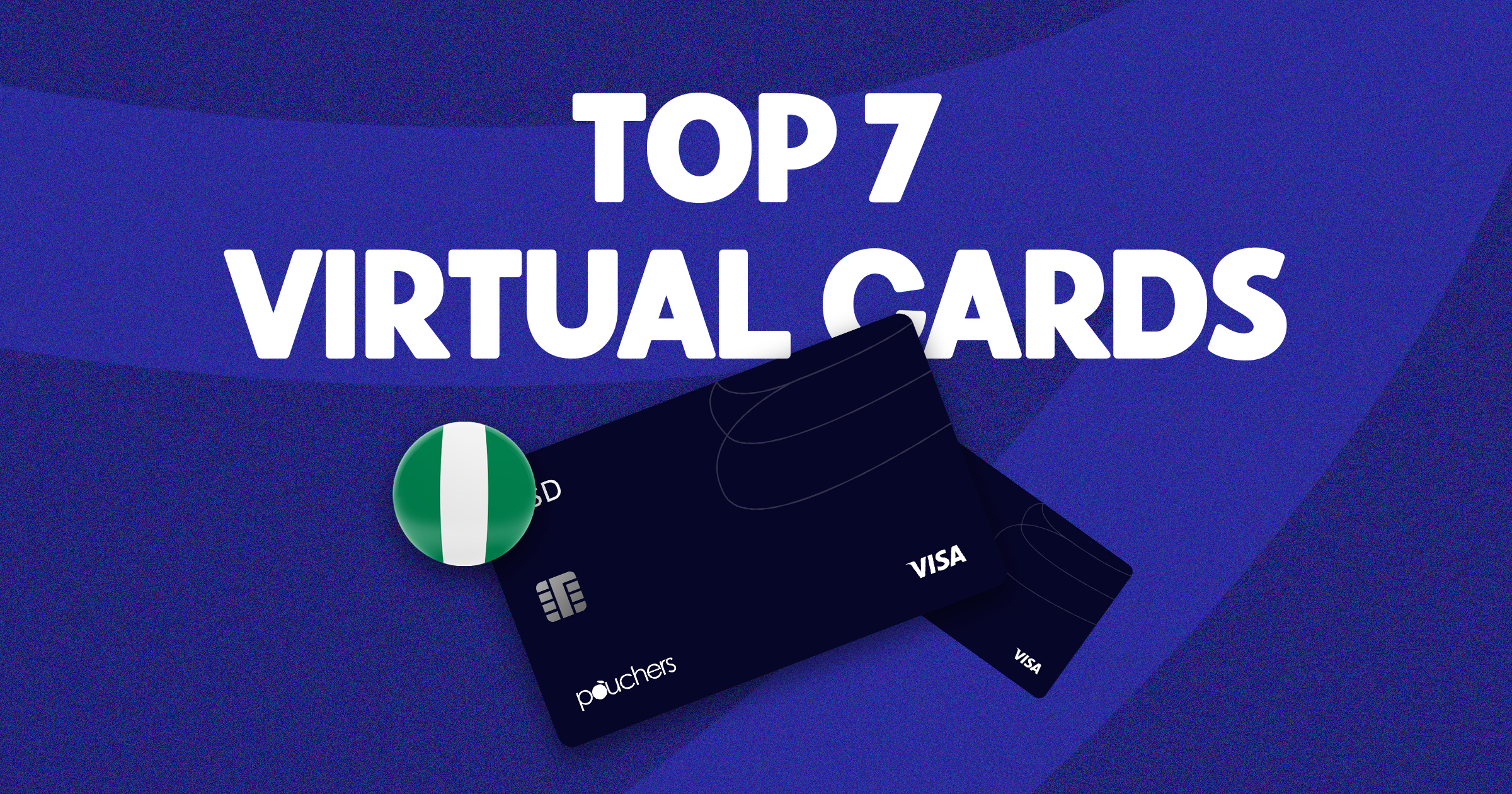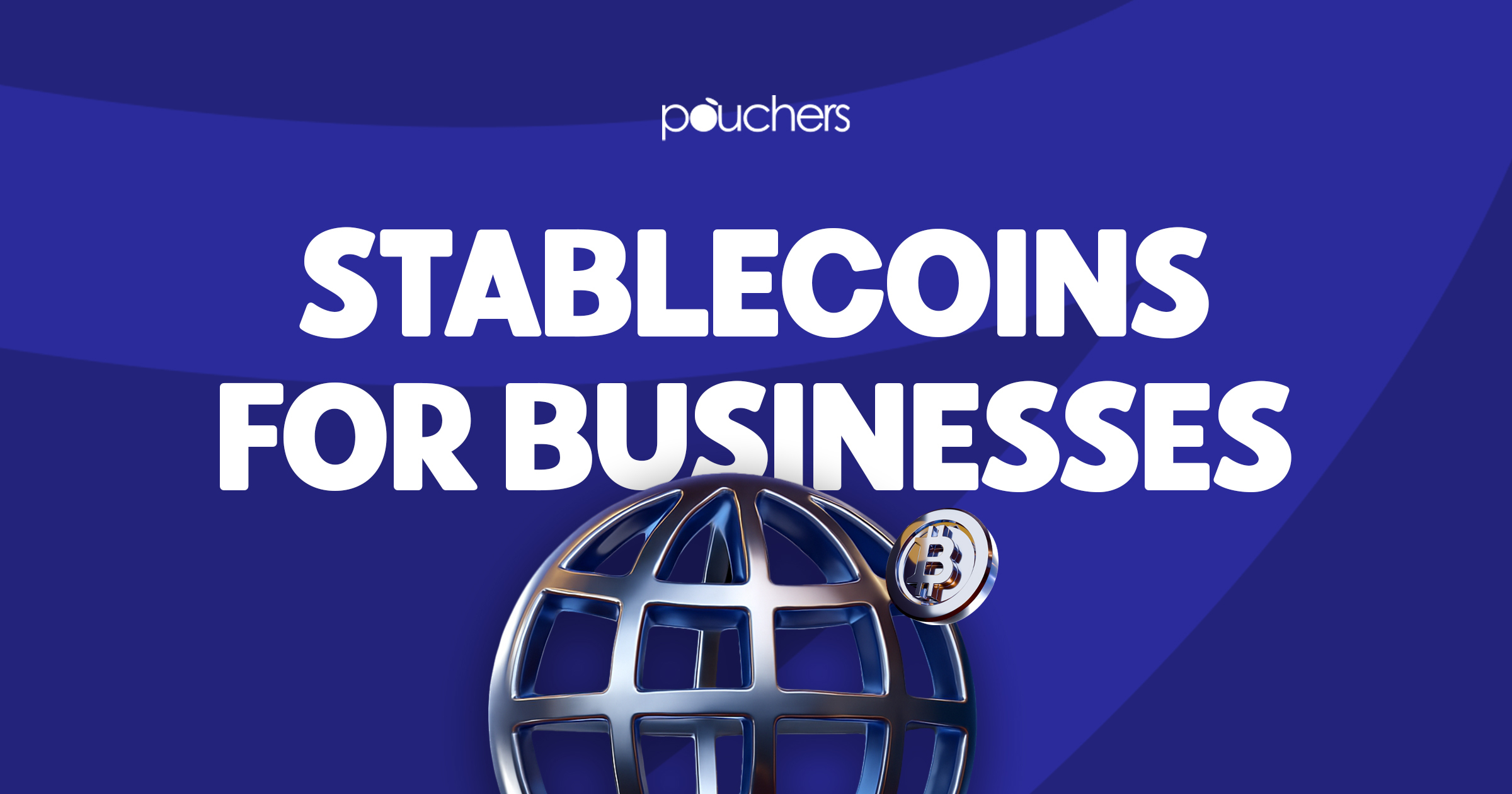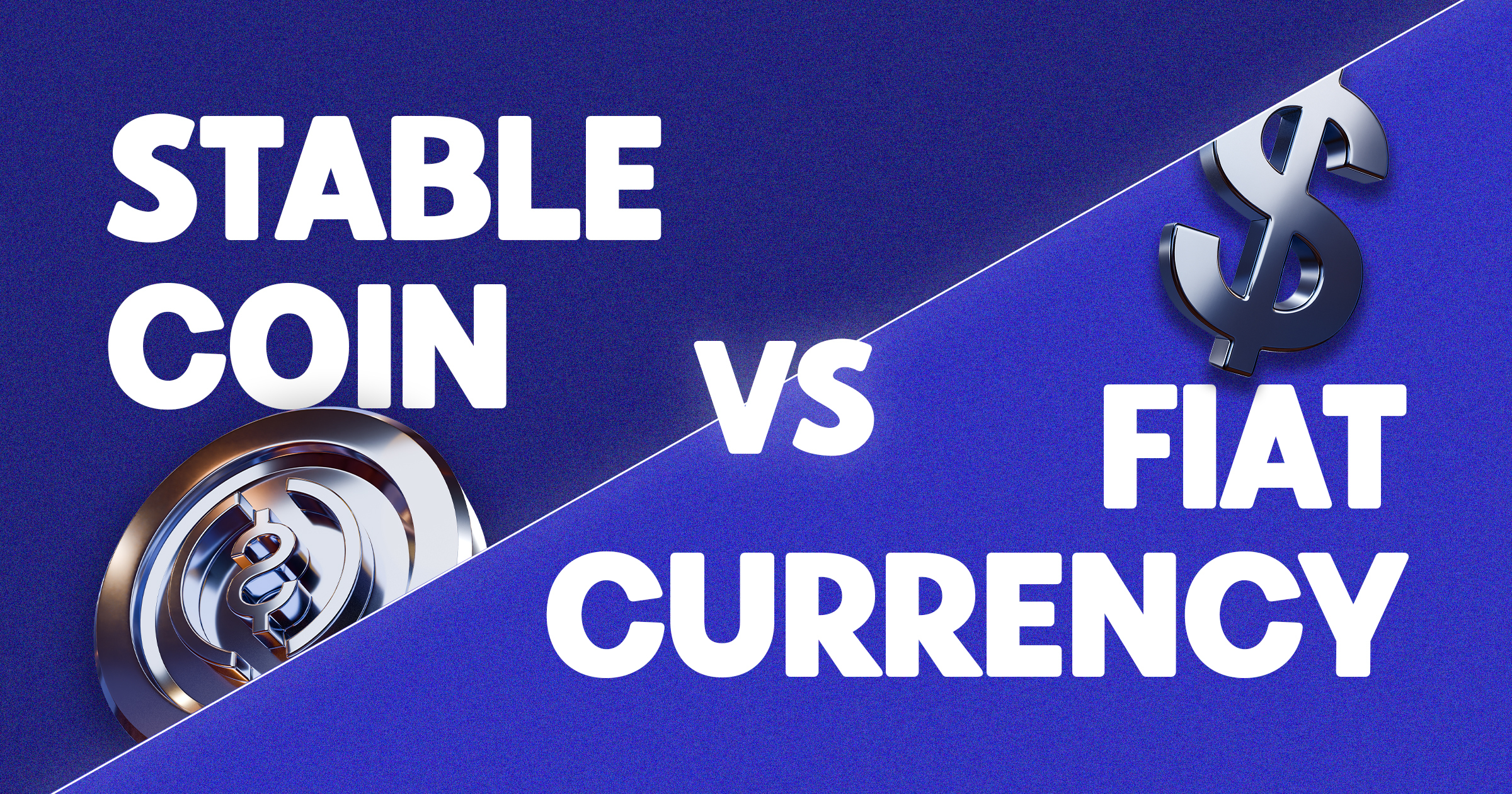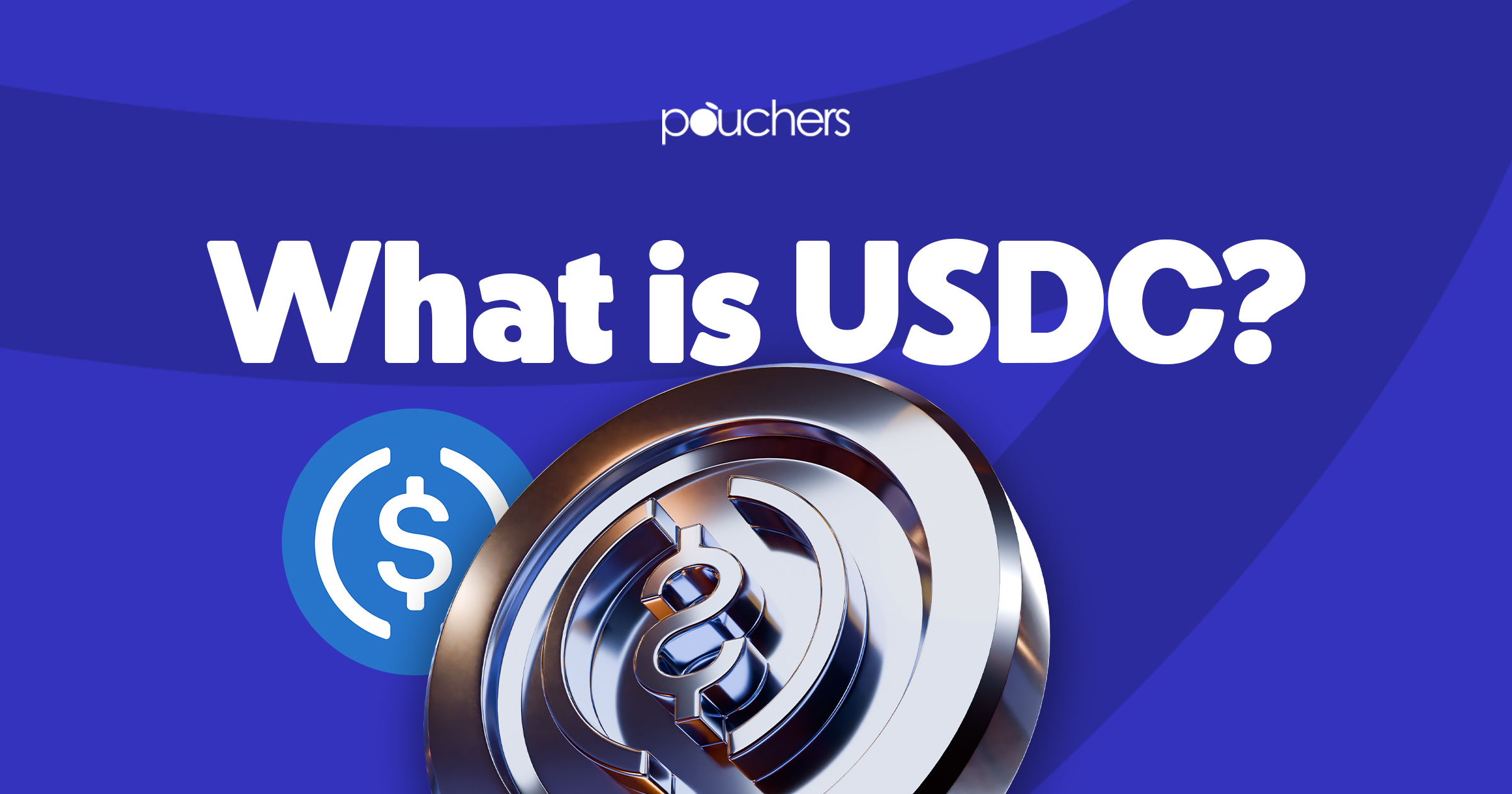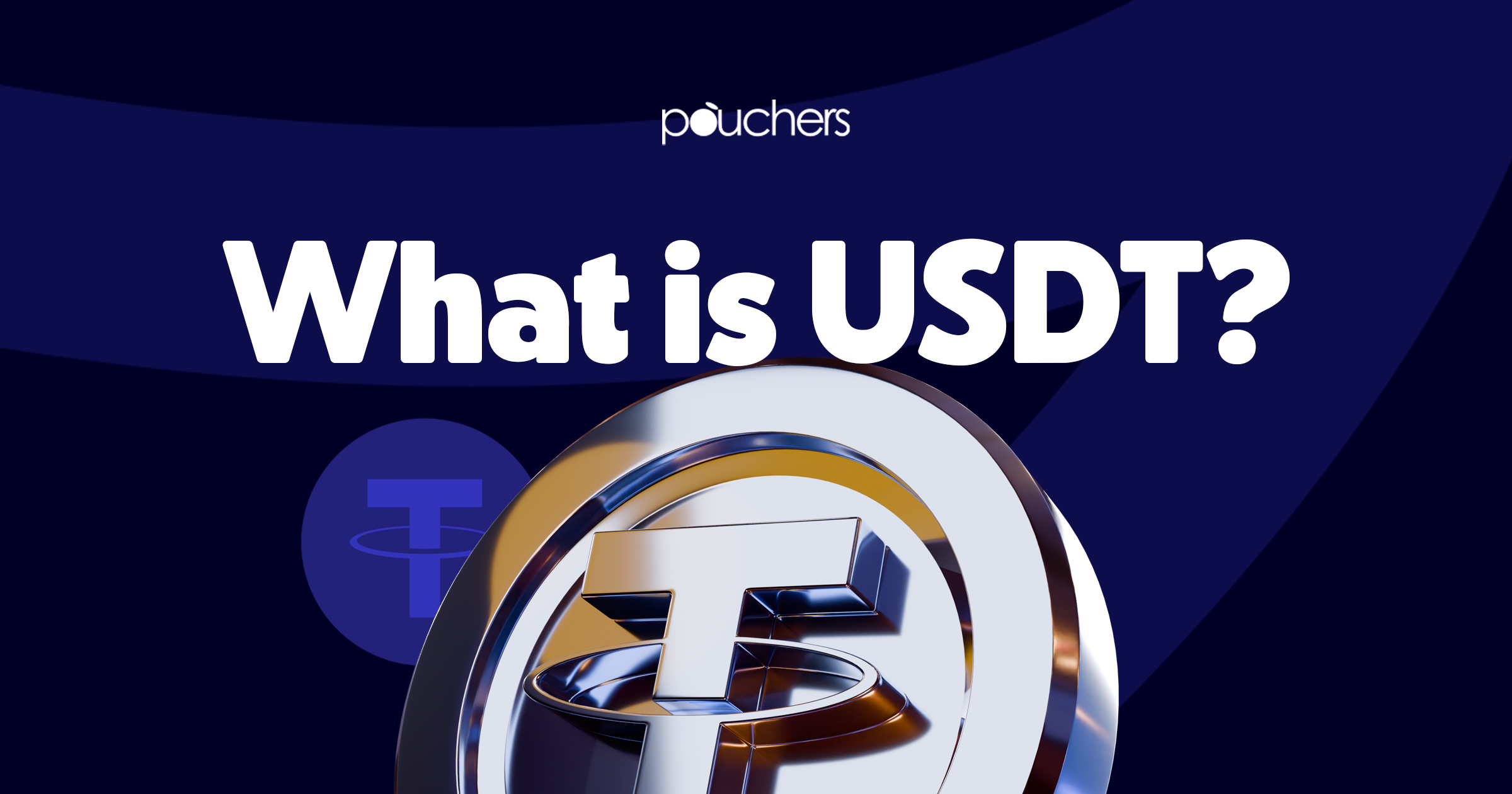Nigerian freelancers know the joy that comes with landing a client from the U.S. or Europe; however, the frustrating part isn’t getting the job done and getting paid. It is in receiving the money in your local bank. When moving such funds, you could be confronted by any of these nightmares: high withdrawal fees, long delays, or exchange rate issues. What was supposed to be a big win could begin to feel like a small loss.
I remember completing a ghostwriting job on Fiverr four years ago, that job earned me $200. When I moved the money from Fiverr to Payoneer, I was charged $3, and later another $10 just to transfer it from Payoneer to my local bank. On top of that, Payoneer deducted a $25 annual card fee and provided a poor exchange rate, resulting in a loss of more than $100. After that experience, I started searching for alternatives—and stumbled on stablecoins.
Stablecoins (like USDT, USDC, and BUSD) are lifesavers. They’re digital currencies pegged to the U.S. dollar, offering freelancers stability, speed, and lower transfer costs.. For Nigerian freelancers struggling with payment headaches, this is more than a trend; it’s a survival tool.
The Freelancing Landscape in Nigeria

Nigeria is one of Africa’s freelance powerhouses. According to a 2023 report by Payoneer, Nigeria ranks among the top three countries in Africa for freelance gig workers. Platforms like Upwork, Fiverr, and Toptal are filled with Nigerian writers, developers, designers, and virtual assistants serving global clients.
But challenges remain. Freelancers here face:
- High withdrawal charges: PayPal and Payoneer can eat up $10–$30 per transaction.
- Naira volatility: With inflation at double digits and regular devaluation, storing income in naira is risky.
- Limited USD access: Nigerian banks often restrict foreign currency accounts, making it difficult to save in dollars.
Put simply, many freelancers work hard but lose value simply because of how they’re paid.
What Are Stablecoins and Why They Matter
Stablecoins are digital assets designed to maintain a stable value by being pegged to other fiat currencies, such as the U.S. dollar. The most popular ones are USDT (Tether), USDC (USD Coin), and BUSD (Binance USD).
Compared to Bitcoin or Ethereum, which can swing wildly in value, stablecoins are relatively stable. If you put in $1, you can take out that $1 without hassles.
Why should freelancers care?
- Avoid Naira Volatility: Payments received in stablecoins retain their value against inflation.
- Faster Payments: No waiting days for banks to settle international transfers.
- Cheaper Transfers: Stablecoin transfers cost only pennies compared to PayPal and Payoneer charges.
- Global Acceptance: More clients and platforms are adopting crypto-friendly payment systems.
In brief, stablecoins provide Nigerian freelancers with direct access to dollars, eliminating the need for intermediaries.
How Stablecoins Help Freelancers Maximize USD Earnings
Stablecoins are not hype; they solve real freelancer problems.
- Direct Payments in USD: Instead of being compelled to exchange into naira, freelancers can receive payments directly in USDT or USDC.
- Hedging Against Devaluation: With stablecoins, revenues are shielded from unforeseen naira crashes.
- Lower Costs: While Payoneer may charge $20 per withdrawal, stablecoin transfers can be as low as $1.
- Instant Settlement: Payments can arrive within minutes rather than days.
For freelancers trying to keep more of what they earn, the numbers speak for themselves.
Practical Ways Nigerian Freelancers Can Use Stablecoins
- Through Crypto-Friendly Clients
If your client is open to it, let them know that you would like to receive payment via stablecoins. Several international companies pay contractors in crypto—it favours both sides because it’s fast and cost-effective. - Freelance Platforms
Some platforms (like Latium and LaborX) already support crypto withdrawals. While giants like Fiverr and Upwork don’t yet, you can still negotiate directly with clients for stablecoin payments once trust is built. - P2P Marketplaces
Platforms like Binance P2P, Bybit, or local Nigerian exchanges like Prestmit make it easy to convert stablecoins into naira when needed. Prestmit essentially acts as a platform that enables you to trade stablecoins quickly, while also offering options such as instant bank withdrawals. - Storing Value
One of the smartest moves is to keep a portion of earnings in stablecoins as savings. Unlike holding naira, which loses value monthly, your dollars remain steady. This strategy has saved many freelancers during recent inflation spikes.
FAQ About Stablecoins and Freelancing
Can I get paid in stablecoins on Fiverr?
Not directly. Fiverr currently only supports PayPal and bank transfers as payment methods. However, you can ask repeat clients to pay you outside the platform using stablecoins.
Is it legal to use stablecoins to boost USD earnings in Nigeria?
Yes. Cryptocurrency exchange is not illegal in Nigeria, but the CBN forbids banks from engaging in direct cryptocurrency activities. That’s why freelancers mostly use P2P marketplaces to exchange for naira.
How do I buy stablecoins?
You can buy stablecoins on cryptocurrency exchanges, digital wallet apps, or certain fintech platforms that support them. To do this, you’ll need to deposit money like USD or EUR, or swap another cryptocurrency for stablecoins.
Is it better to use stablecoins instead of USD?
For freelancers, yes. Stablecoins give you the benefits of USD without the banking bottlenecks. You can still convert them to USD or naira whenever you want.
Conclusion
For Nigerian freelancers, it is one thing to get paid in dollars—and another thing to protect that money from charges and devaluation. Stablecoins like USDT and USDC offer a superior method of payment: quick, inexpensive, and stable.
By encouraging crypto-friendly customers, researching platforms that support stablecoins, and utilizing peer-to-peer (P2P) exchanges, freelancers are now empowered to take control of their finances.
The freelance sector is evolving, and payment networks must adapt accordingly. Nigerian freelancers who adopt a stablecoins payment system will not just maximize their USD earnings but also future-proof their financial stability.
